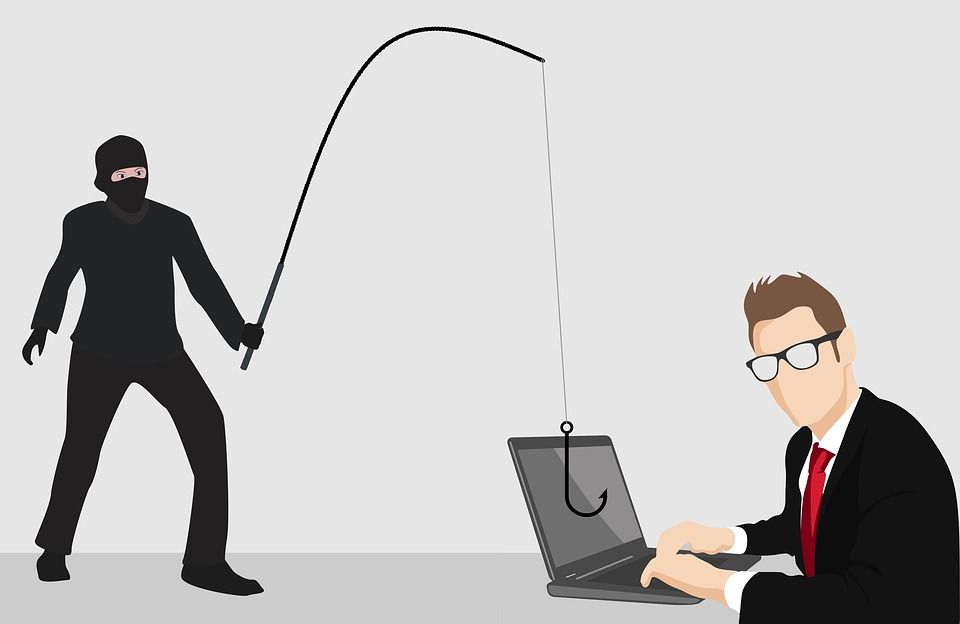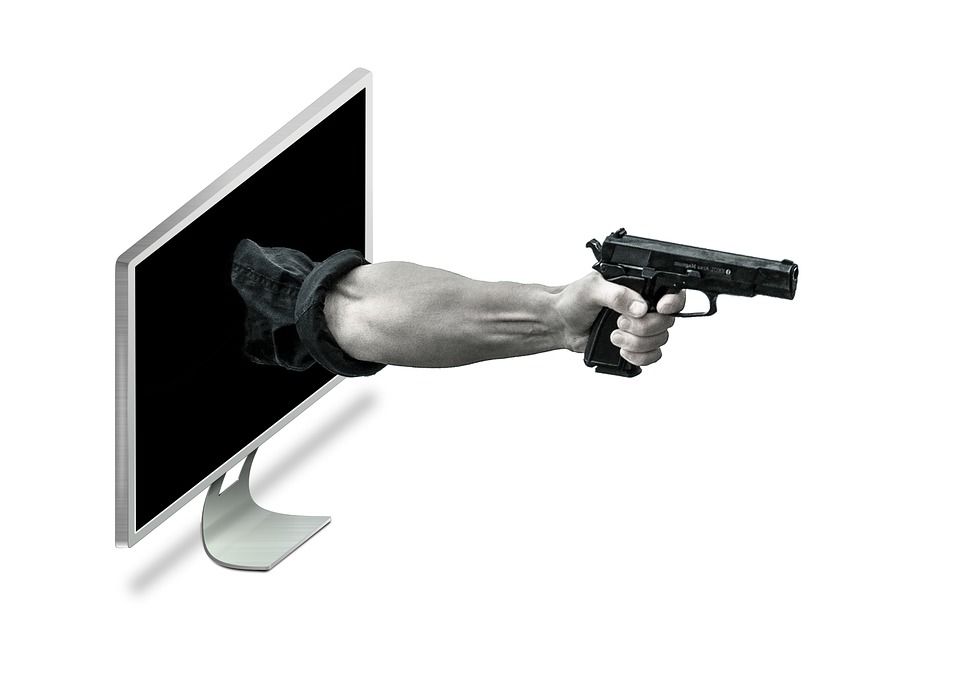If It’S Not On Internet, It Isn't Private!
Jun 27, 2019 • 75 views
In these days' era of smartphones and social media usage, it takes only a few seconds rather few moments to upload an accusatory photo or video for the world to peer, but do we ever take time to think how the ramifications for individuals can ultimate a lifetime? None of us are ashamed anymore. Pass beforehand and try browsing the internet headlines and social media feeds. The controversy all around. There’s in no way a scarcity of excessive profile politicians embroiled in scandal, actors on trial for monetary fraud, or that debatable Facebook/Twitter pal who’s usually fending off the backlash of passionate commentators.

The ritual of public shaming is nothing new. And the choice to comply with norms has a tremendous characteristic in guiding cohesive societies. But in recent times' emblem of mass humiliation is more public, greater substantial, more scarring, and doubtlessly greater unstable. The technique by using which we can disgrace those we deem to have transgressed—online, through Twitter, Facebook, and e-mail—unleashes a brand new level of hostility, because we don’t have to face the target of our abuse.
In each of those situations, those inside the warm seat are vehemently denying they’ve done something incorrectly, and in fact, insist on quite the other. refusing to cower to the stress of an irritated mob out for blood , shame is often modified with the aid of radical indignation and a tough mantle of self-assurance that publicizes “screw you,” because of the reality properly, the net.
People have long been referred to as out and criticized publicly for breaching social norms. What’s new nowadays is that generation lets in this to be straight away recorded and shared with hundreds of thousands of different unknown internet users thanks to smartphones and social media. A whole international target audience is then invited to join in with ridicule and abuse and this regularly spills over into the goal's non-public lifestyles with requires them to be fired and disciplined at paintings and so forth.
Social media has made this tons greater typical, but the public appetite for this sort of media spectacle and moralistic shaming became glaring with the upward push of reality TV from the 90s.

It doesn’t count that the records are wrong, that their language is offensive and ineffective, or that their theories are completely debunked by means of the records — they’re not going to be shamed, duration. This pattern of conversation represents a common fashion across social media platforms.
Part of this shift seems to be an increasing immunity to disgrace. While our non-public integrity is challenged, we’re now not ones for feeling awful about ourselves. We’re lots greater inclined to desert the grounding results of a self-mirrored image, diplomatic discourse, or empirical facts, in trade for brazen denial. So what precisely is a disgrace, and the way have we become so immune to it?
From weblog feeds to podcasts and hashtags, the facts overload inside the net age is real. With extra alternatives than anybody may want to ever devour, there’s extra stress to be extra selective approximately the supply and content material of the facts we acquire. Mainstream media intake is not a given — it’s a desire. We can plug into any number of domestic-brewed internet streams specializing in a siloed realm of pastimes, leisure, and facts that only be counted to us.
If the velocity of records guarantees that onlookers forget approximately what they recognize, a high extent of statistics guarantees that what humans understand is limited via their private filters. With simplest so much time to observe and listen, humans are much less possibly to care about facts that don’t interest them, and therefore, much less probable to listen of — not to mention care approximately — your non-public failings.

Social media and the internet at big have made shaming others something of a game. It’s become part of our online tradition that humans be dragged to the proverbial metropolis rectangular for a great public flogging. And whilst it is able to be the case that such represents the herbal evolution of properly old school social justice, the new technology has taken this to the intense.
Whether its grammar Nazis in the FB feedback seeking to throw color for your basic college schooling or an uploaded video proposing the eclectic wardrobe choices of Walmart consumers, inside the age of pocket computers and cameras, no person receives away with something.
Perhaps the most profound effect of social media and the internet is they encourage us to isolate ideologically. While in self-doubt, we will now run to the safety of our respective corners of belief and distraction. And there, insulated from all that differs from our worldview, we in no way want to undergo a dissenting opinion or critique. Or even while it happens, we are able to just call upon our internet tribe to troll and drown it out.
And so, as it pertains to disgrace and the importance of who’s looking, within the net age of social media dynasties, we've greater manage over every what messages exit and who receives them.
It could be what we need in the intervening time—the pleasure of having someone who hurt a person else retreat in regret. However, the lasting negative consequences of this, and the worry it spreads would possibly do greater damage than the sense of justice does us good.
The actual reality is that within the online world, all people is a public determine and all and sundry is a goal.
